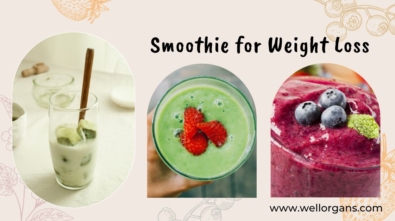Embarking on a journey towards a healthier lifestyle often involves making mindful choices about what we consume. Smoothies have emerged as delightful ...
Best Medicine for Erectile Dysfunction without Side Effects
Erectile dysfunction (ED) is a common concern among men that can have a profound impact on their self-esteem and relationships. However, finding the r ...
Belly Fat Burning Juice Ikaria
Are you on a mission to burn belly fat and achieve a healthier, slimmer you? If so, you're in the right place! In this comprehensive article, we'll ex ...
Food for Healthy Joints and Cartilage
When it comes to maintaining good health, we often focus on exercise and general nutrition. However, the health of our joints and cartilage is equally ...
Natural Cures for Prostatitis: A Comprehensive Guide
Prostatitis is a condition that affects many men, causing discomfort and pain in the prostate gland. While conventional medical treatments are availab ...
Alpilean Weight Loss Supplement Review
In the quest for a healthier and more active lifestyle, many individuals turn to supplements to aid in their weight loss journey. One such supplement ...
Antarctic Krill Oil Reviews: Power of Omega3
Krill oil has been making waves in the world of health supplements. With claims of various health benefits, it's no wonder that people are eager to le ...
Best Liver Support Supplement: Liv Pure Review
No doubt, in today's fast-paced world, maintaining optimal health can be a challenge for everyone. With the abundance of dietary supplements on the ma ...
Incredible 10 Health Benefits of Raspberries
Raspberries are more than just delicious additions to your breakfast yogurt or dessert. These vibrant red berries pack a powerful nutritional punch th ...
Vitamins for Hair Growth and Thickness
When it comes to achieving luscious, thick hair, the secret might just lie within your daily vitamin intake. Your hair health is a reflection of your ...










